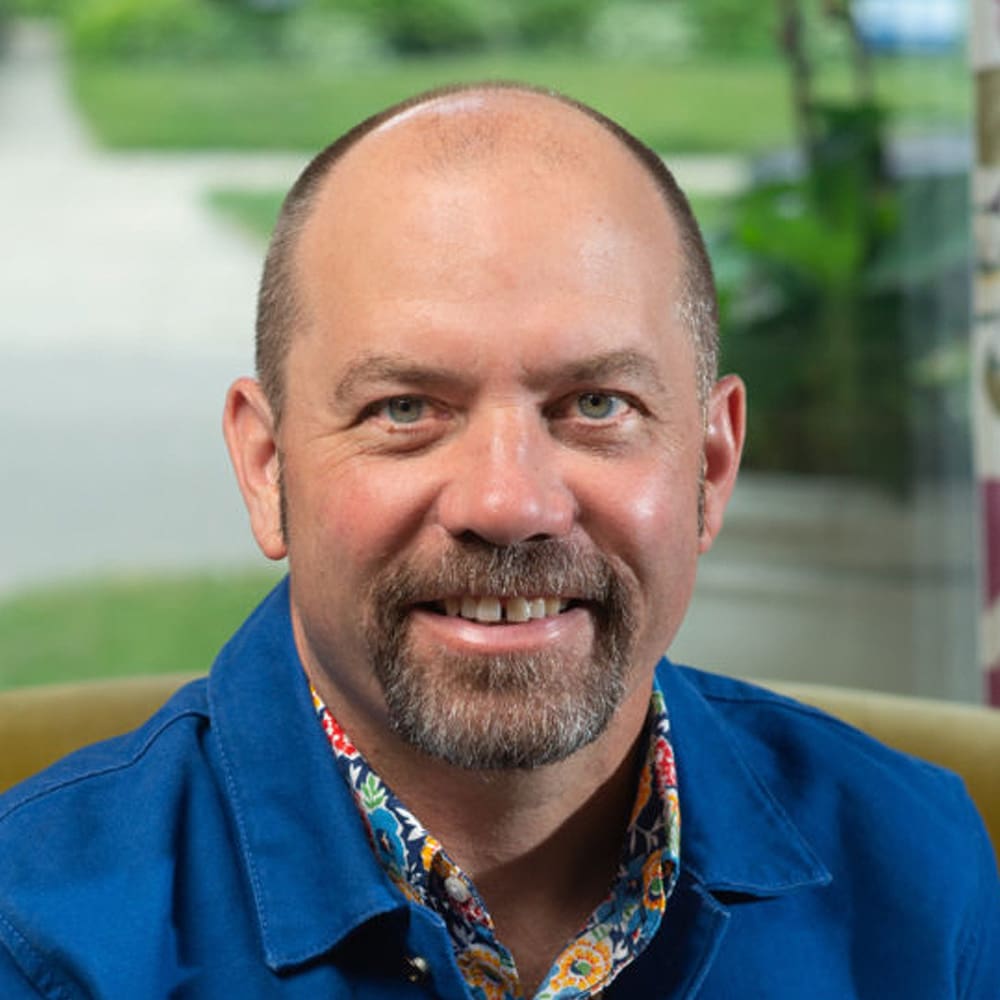AS GO ELDERS, SO GOES THE CHURCH I closed my editorial with a favourite quotation from Klaas Schilder about the importance of elders. The point is probably uniquely Reformed and Presbyterian—but one worth celebrating, methinks, as we celebrate the five hundredth anniversary of the Reformation this year. For those unfamiliar, a core conviction of Reformed and Presbyterian church government is an emphasis on the plurality of leadership. Attentive to the vagaries of human sinfulness, Calvinists were wary about putting their trust in individuals like a single pastor or bishop. So, following the language of the New Testament, they emphasized the need for a plurality of elders in each congregation as a check and balance on any one person’s power or predilections.
Undergirding this is also the Protestant emphasis on the priesthood of all believers. Part of the beauty of this polity is what you might almost call its amateurism. The church is not governed by professionals: it is governed by farmers and homemakers, engineers and teachers who are gifted and called to serve as leaders of the local congregation. The spiritual care of the body of Christ is entrusted to these shepherds from among us who have answered the call of God and our congregations. This is a daunting, often thankless task. (This Sunday at church, why don’t you take a few minutes to thank some of the elders and deacons for their service?)
It is also a fragile gift. Paul’s outline of the requirements for elders in 1 Timothy 3:1–7 is a portrait of people who exhibit Christlike character, Spirit-led wisdom, and biblical knowledge. Those kinds of people are made, not born. The gifts are given, but they must be cultivated and fanned into flame (2 Timothy 1:6). And so the holy experiment of Protestant leadership is only as strong as the catechesis that characterizes our congregations. The danger is that congregations simply default to worldly standards of leadership, trading business acumen and administrative prowess as stand-ins for these biblical requirements. But an MBA is no replacement for knowing the Scriptures, and being a CEO isn’t proof that someone is devoted to prayer for the flock. As Tim Keller and I discuss in our conversation in this issue, investment in congregational leadership and elder development is really an investment in the future of the faith. Let us not grow weary in cultivating such leaders; and let us not grow complacent by accepting anything less.
TOO GOOD TO FAIL? | Catechesis is a challenge in no small part because the water we swim in today is so often antithetical to the gospel and core doctrines of Christianity. And so our de- or mal-catechesis by culture is covert and subtle.I thought of this as I was reading the results of the Angus Reid/ Faith in Canada 150 survey on religion and spirituality in Canada today. Some secularists were likely surprised by the enduring significance of religious faith for Canadians; some Christians were probably dismayed by the snowball effects of relativism. There’s much that could be said about this rich portrait of contemporary Canadian spirituality, but one of the findings that stood out to me revolved around spiritual self-perception of the human condition. Respondents were asked whether they believed people were “fundamentally sinners” or “essentially good.” Here was one of the starkest divides between non-believers and the religiously committed. Granted, the language of the survey is a bit slippery, and I could imagine some respondents making a bunch of qualifications in their heads on both ends of the spectrum. But as the graphic shows, this is also one of the responses with the most continuity across generational segments.
Now, perhaps such responses are not surprising. But that doesn’t mean they shouldn’t give us pause. To start with, it is remarkable to me that the proposition that human beings are “essentially good” could be so overwhelming believable. Total depravity is the one tenet of Calvinism that comes closest to empirical verification. What people must hear in the question is something more accusatory: “Am I essentially good?” Their replies, then, betray the irrationality of self-defence. Because surely the evidence for humanity’s essential goodness is scant.
I also wish we had longitudinal data on this question. I would love to know how Canadians answered this question in 1917, 1937, and 1967. Alas.
On the other hand, I think the answers to this question explain a lot about behaviour and expectations—and should be of concern for our public life. Believing that humans are essentially good is actually bad for politics. If we believe that we are essentially good, then our failure to be good is easily blamed on something, and all too often someone, else. If we couple this sense that we are essentially good to a secularized/ naturalized worldview, then it tends to unleash an overconfidence in politics. The state becomes the agent of a kind of moral eugenics—it will be the vehicle to unleash our inherent goodness (which will often entail getting rid of those who say we are not inherently good). And if at bottom we are inherently good, then the only thing that stands between us and the realization of utopia is ourselves. Whenever utopia becomes in principle “realizable,” we should all get worried. In Original Sin: A Cultural History, Alan Jacobs cites the French novelist George Bernanos’s jarring caution: “For men it is certainly more grave, or at least much more dangerous, to deny original sin than to deny God.”
In contrast, the older, “crooked timber” school of thought encapsulated by Immanuel Kant has a more realistic account of who we are and what’s wrong with us: “Out of the crooked timber of humanity, no straight thing was ever made.” Indeed, its virtue begins close to home: it assumes that there’s something wrong with me. It doesn’t coddle me with tales of my own purity; instead, the crooked timber school presses me to introspection, brings me face to face with my own faults and failures, and hence engenders a humility in me toward my neighbours. There are quite enough planks to go around before we haughtily worry about specks. Publicly, this leads to tempered expectations of what we can realize in the here and now, along with a healthy dose of suspicion about just how benign our institutions can be. That’s just one of the reasons the crooked timber school of thought argues for limits on a state that promises utopia.
Our neighbours would bristle at the thought, but it might be in everyone’s interest if we could make Canada Augustinian again.
PARENTING AS MOURNING | While Philip Larkin famously complained about parents who, er, mess you up, have the poets chronicled what kids do to their parents? If I were to pen a sonnet about parenthood, it would be a mix of weal and woe, elation and heartbreak. It’s the nature of the business. The world of parenthood is difficult territory, and maps can’t show you everything. Sometimes this is because of their wandering and opposition, asking questions for themselves, learning things the hard way. (As I’ve said in these pages before, to have children is to promise you’ll love prodigals.) But even when everything goes exactly as planned, on track in all the ways you’d hope, you meet sadness on this road.
This hit home to me a few weeks ago when our daughter, a rising junior in college, moved out and joined three other young women renting a house near campus. This is a parental accomplishment, of course: to launch your twenty-year-old into independence and responsibility. And watching Madison curate her new home came with flashes of grateful recognition as I could see all the ways she’d been apprenticed by her mother, who is a master of hospitality. This is what you hope for.
But that doesn’t mean it isn’t sad. You live with these creations of your love for twenty years, for heaven’s sake. They contribute to the ethos of a household. Sometimes they take up all the oxygen with sobs or screams, but most of the time they exhale excitement and interest and curiosity. Their joys and sorrows have been your joys and sorrows. Their friends have become your friends. Their comings and goings are the tick-tock of a home.
And when they leave, it’s like the steady background noise of the grandfather clock in the foyer stops. It’s quieter than you can ever remember. You start craving the interruptions you sometimes resented. You start thinking the mess wasn’t so bad. The fact you can see the bedroom floor doesn’t bring the delight you were expecting because it means she’s not here. You miss them.
Parenting, like teaching, is one of those endeavours with loss built into it. Success means saying goodbye. Parenting is its own work of mourning. But it, too, is a grieving suffused with hope (1 Thessalonians 4:13).
Plus, as I’ve learned: you can always leave the door open and the fridge stocked. Thanks be to God, they come home.
A MULTITUDE OF COUNSELLORS | Don’t miss the shiny new masthead beside the table of contents in this issue. There you’ll see a new feature we are very excited about: the list of gifted, wise friends who have agreed to serve as contributing editors for Comment. Our editorial team has long hoped to expand the scope of counsel as we’re planning the magazine and shepherding the conversation here. We know we’re prone to our own echo chambers, and in order to serve our readers we want to keep stretching ourselves and learning from others. So we are grateful these folks have signed on to be eyes and ears for us, helping us discern what matters and what questions need to be asked. They’ll also be scouts for us helping to identify new voices we’ll bring to the pages of Comment. They represent a massive transfusion of intellectual capital that will reenergize us for the work. I hope you’ll see a difference.



